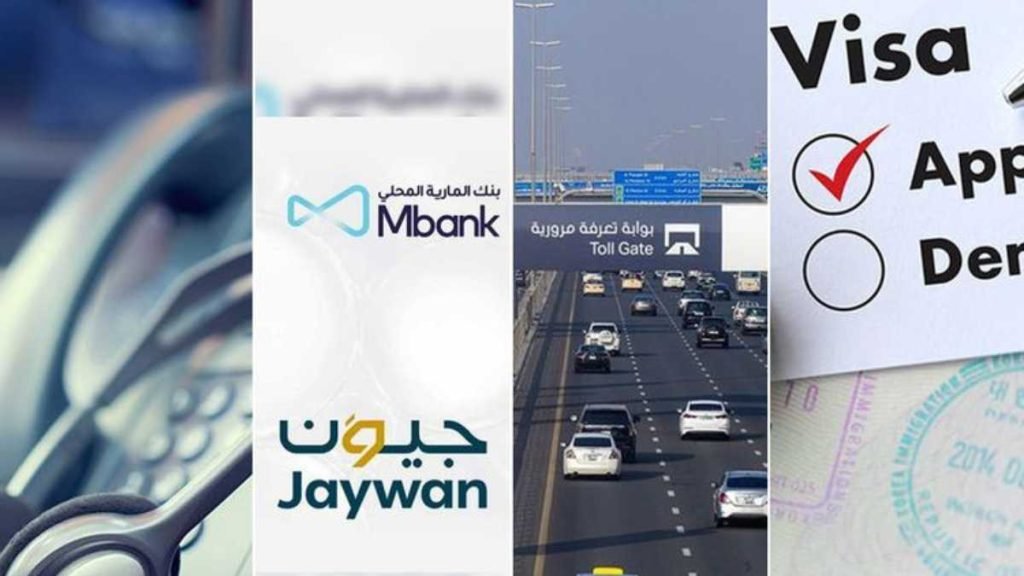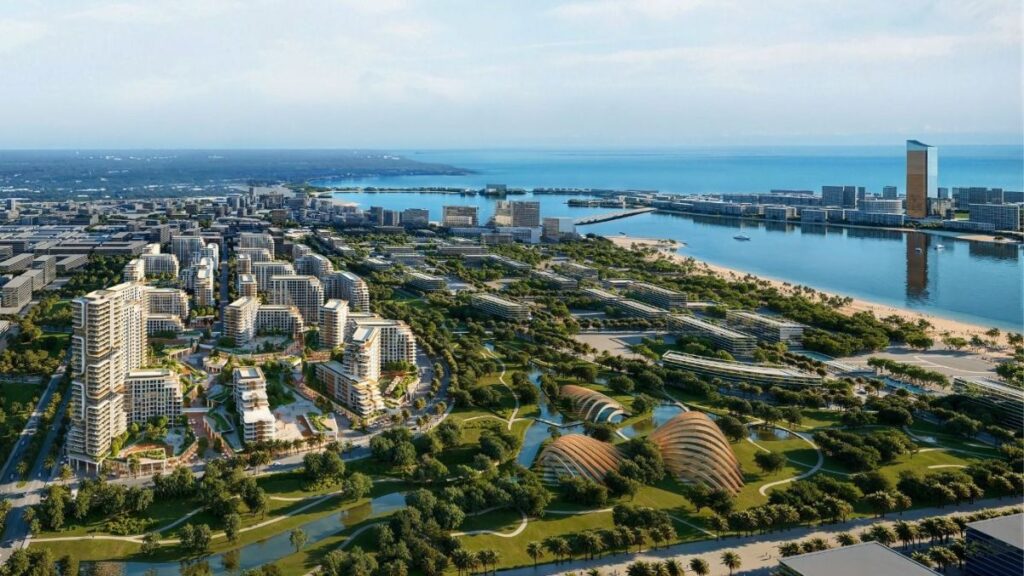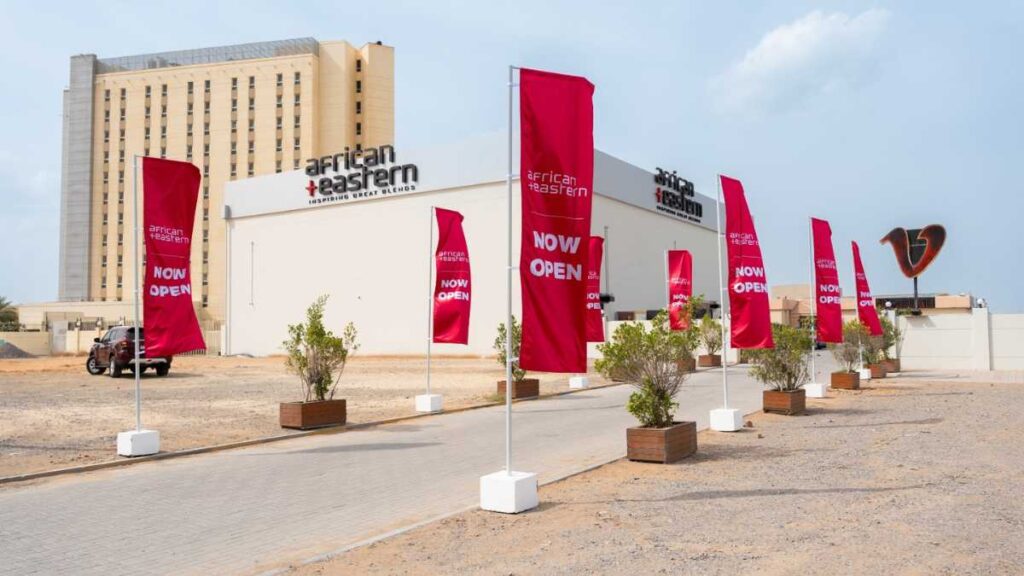As the year draws to a close, the UAE prepares to implement several significant changes that will impact daily life. From new telemarketing regulations to the introduction of a national payment card, these developments are poised to enhance convenience, security, and efficiency for residents and visitors alike. To stay informed and ahead of these changes, here are four major updates to look out for in the coming months.
New Telemarketing Law: Effective August 27, 2024
The UAE’s new telemarketing law will take effect next month. It aims to reduce intrusive telemarketing practices and provide greater control over unwanted calls. Announced by the Ministry of Economy and the Telecommunications and Digital Government Regulatory Authority (TDRA) in June, these regulations are designed to create a more respectful and less intrusive telemarketing environment.
Key Provisions of the New Law
- Restricted Calling Hours: Telemarketing calls will only be permitted between 9 am and 6 pm, minimizing disruptions during inconvenient times.
- Prohibition of Pushy Sales Tactics: Companies must avoid aggressive sales tactics and not pressure or mislead consumers during calls.
- Call Rejection Policies: If you reject a product or service, the company is prohibited from calling you again. Additionally, telemarketers cannot call you back on the same day if you decline or end the call.
These measures are expected to significantly reduce the frequency of unwanted calls, providing a more peaceful and controlled telecommunication experience for everyone.
First National Domestic Payment Card ‘Jaywan’: September 2024
To establish a robust domestic payment system, banks in the UAE will begin issuing the new Jaywan payment card in September. The Jaywan card will function as both debit cards issued by banks and pre-paid cards from local exchange houses, offering users an alternative to international payment systems like Mastercard and Visa.
Features and Benefits of the Jaywan Card
- Wide Acceptance: By the end of August, over 90% of Point-of-Sale terminals in the UAE will be equipped to process payments using a Jaywan card. Additionally, around 95% of ATMs in the country are already capable of handling Jaywan-based card withdrawals and related services.
- Enhanced Security: The Jaywan card offers a secure domestic payment solution, reducing reliance on international payment systems and enhancing financial sovereignty.
- E-commerce Integration: Plans are underway to enable the use of Jaywan cards for online transactions, broadening the scope of its utility.
This initiative strengthens the UAE’s financial infrastructure and provides consumers with a reliable and secure payment option tailored to local needs.

New Salik Gates: November 2024
Dubai’s Roads and Transport Authority (RTA) announced earlier this year the introduction of two new Salik toll gates to be operational by November 2024. These toll gates are part of a broader strategy to distribute traffic more evenly across the city’s road network, thereby reducing congestion and promoting the use of public transport.
Locations of the New Toll Gates
- Business Bay Crossing: Located on Al Khail Road, this gate aims to manage traffic flow in one of Dubai’s busiest areas.
- Al Safa South: Positioned on Sheikh Zayed Road between Al Meydan and Umm Al Sheif streets, this gate will help regulate traffic on one of the main arterial roads in Dubai.
Impact on Commuters
The new toll gates are expected to:
- Ease Traffic Congestion: The new gates will help reduce bottlenecks and improve travel times by redistributing traffic.
- Encourage Public Transport Use: The tolls are designed to encourage the use of alternative transport options such as the Dubai Metro, public buses, and marine transport, contributing to a more sustainable urban environment.
GCC Unified Visa: Expected by End of 2024
A significant development in regional travel is the introduction of the Gulf Cooperation Council (GCC) unified tourist visa, known as ‘GCC Grand Tours,’ which is anticipated by the end of the year. This Schengen-style visa will allow visitors to travel across the UAE, Saudi Arabia, Kuwait, Oman, Bahrain, and Qatar with a single visa.
Key Features of the GCC Grand Tours Visa
- Unified Travel Document: The visa will enable tourists to explore all six GCC countries seamlessly, enhancing the travel experience and promoting tourism across the region.
- Extended Stay Duration: Visitors can spend more than 30 days in the region, offering greater flexibility and opportunities for extended travel.
- Facilitated Approval Process: The unified visa system is designed to streamline the approval process, making it easier for tourists to plan their trips.
Benefits for the Region
- Boost to Tourism: The unified visa is expected to attract more tourists to the GCC region, driving economic growth and cultural exchange.
- Enhanced Regional Cooperation: This initiative reflects the growing cooperation among GCC countries, fostering a sense of unity and shared progress.
Conclusion
The upcoming changes in the UAE are set to enhance various aspects of daily life, from reducing unwanted telemarketing calls to providing a secure domestic payment system and improving traffic management. Additionally, introducing the GCC unified visa will make travel across the region more convenient and attractive. Staying informed about these developments will ensure you are prepared to take full advantage of the new opportunities and improvements they bring.












